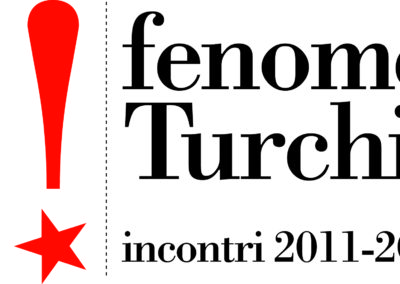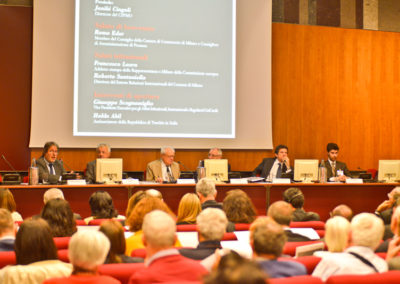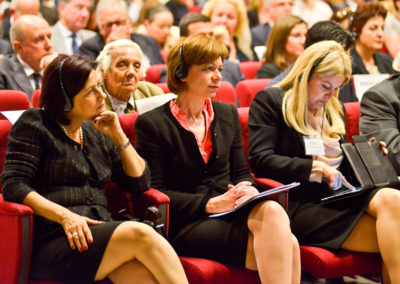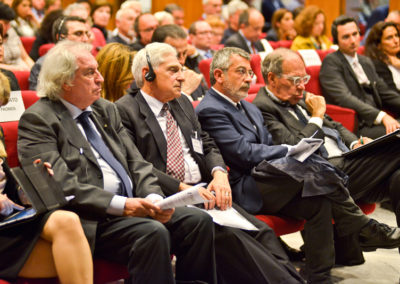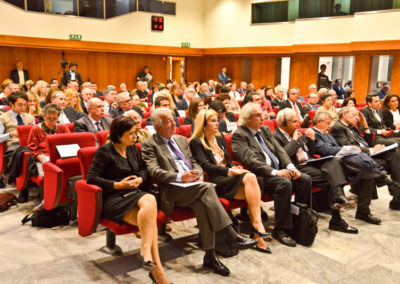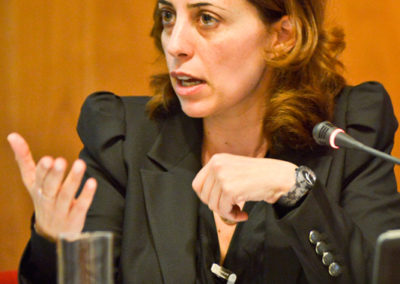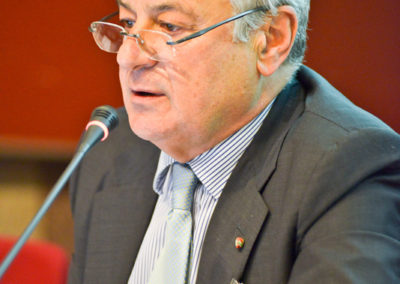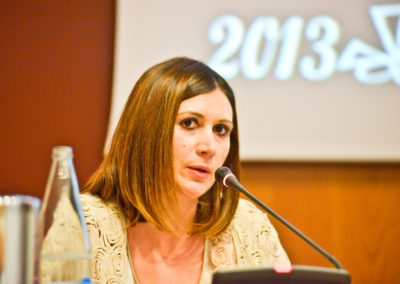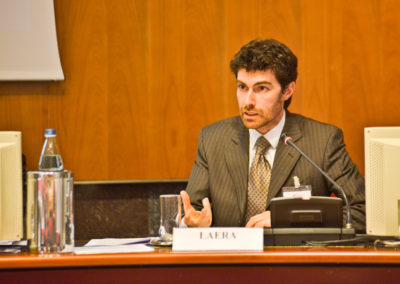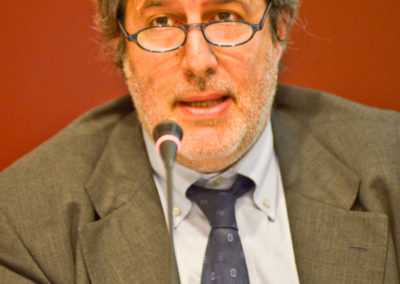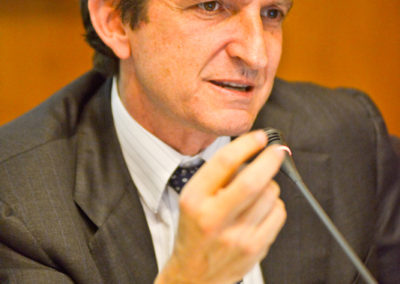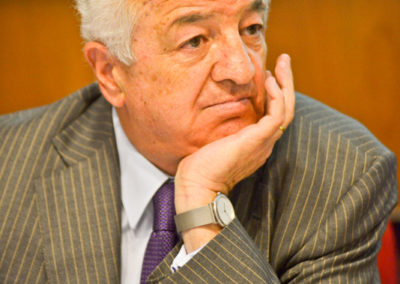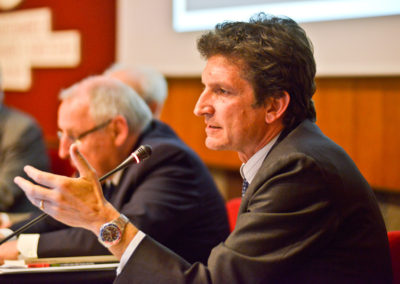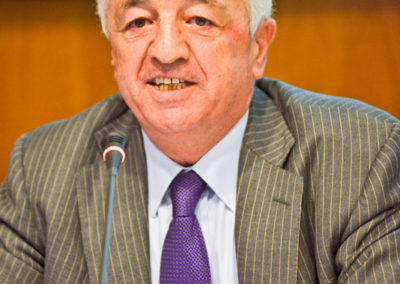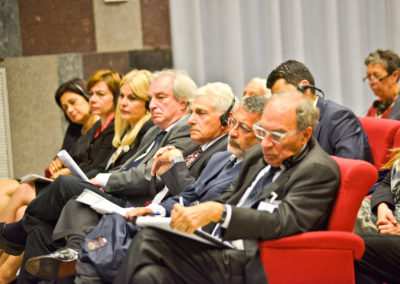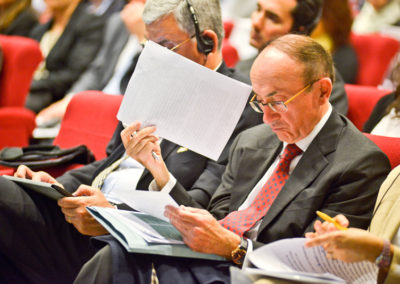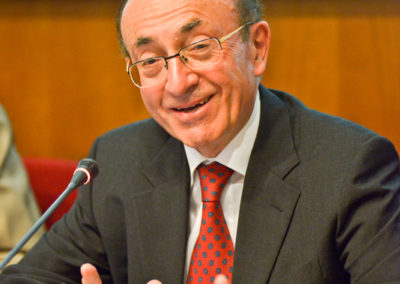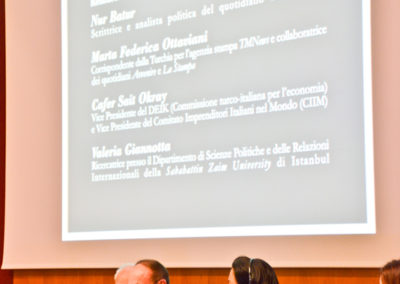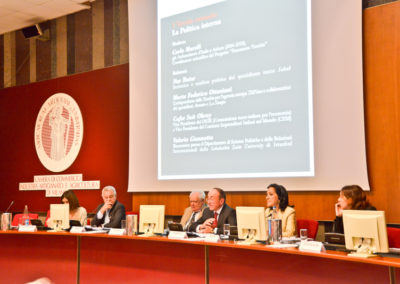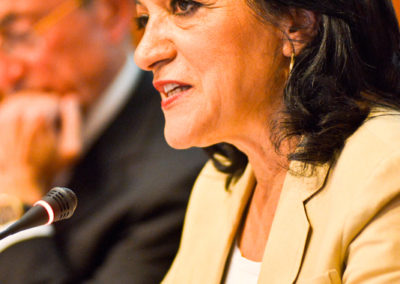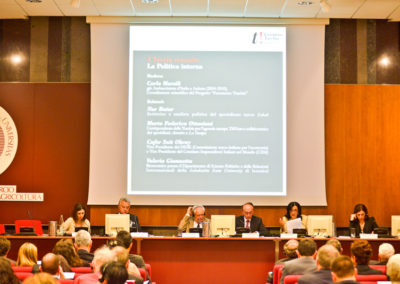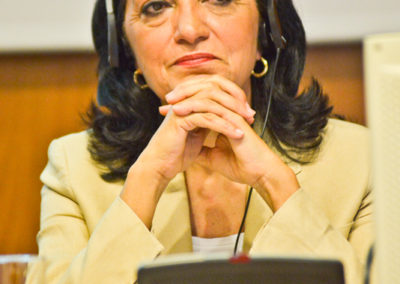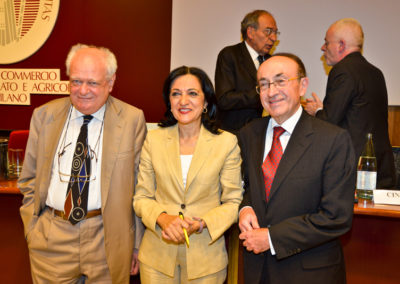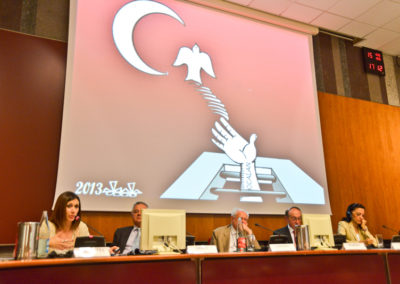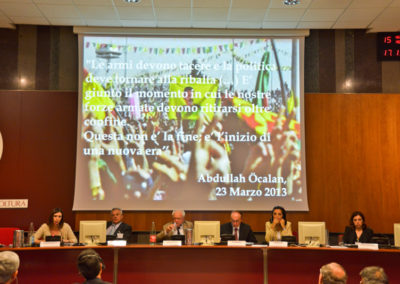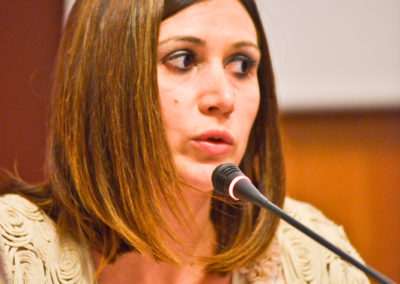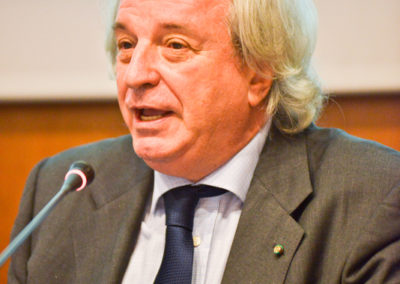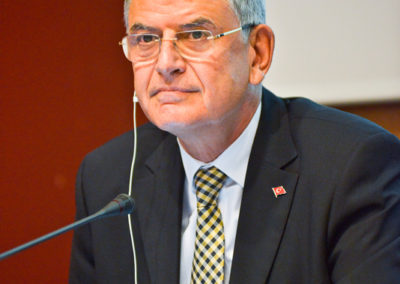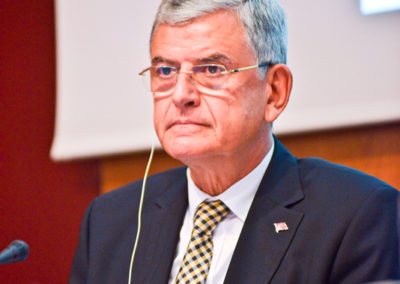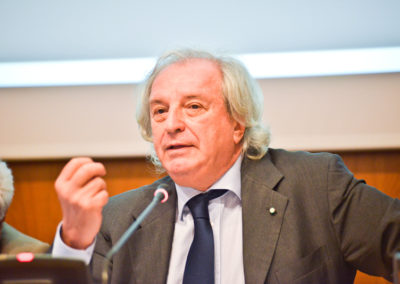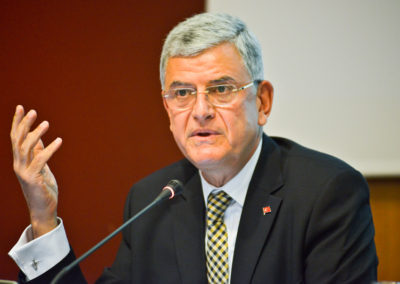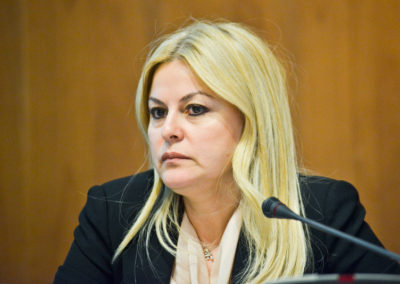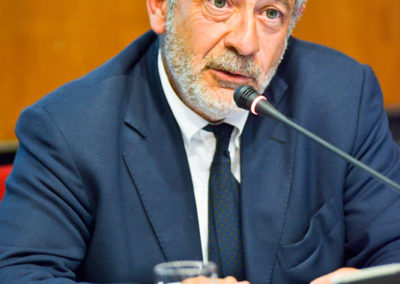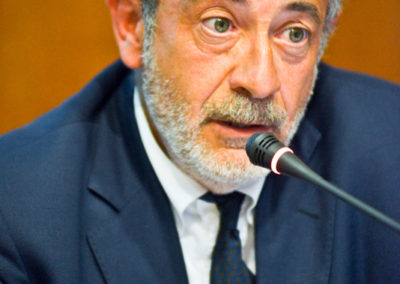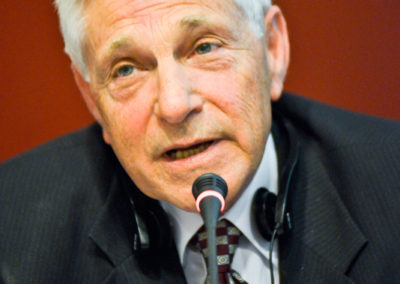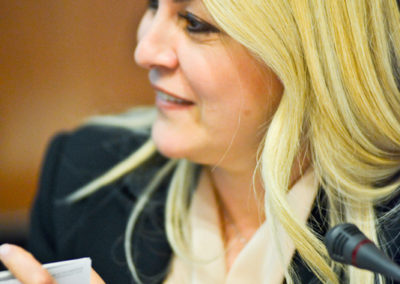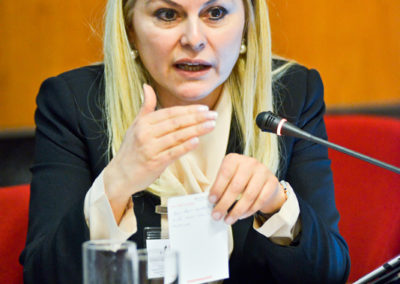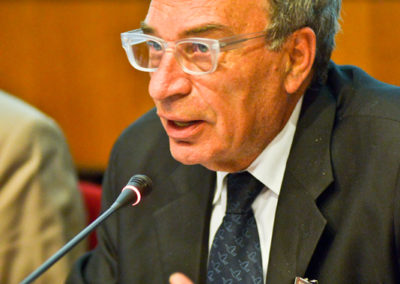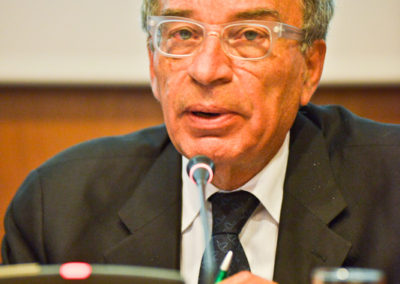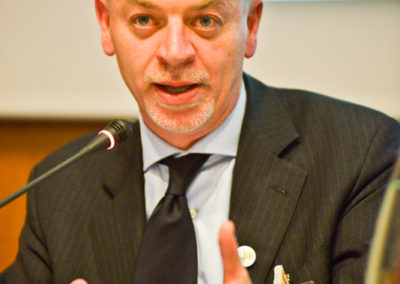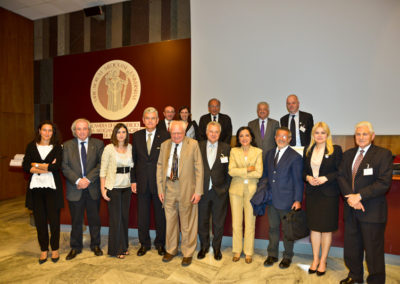
Turkey 2020. Economy, Society, Foreign Policy and their possible developments
III Convegno internazionale “Fenomeno Turchia”
15 May 2013, Palazzo Turati, Milan

The conference consisted in a comprehensive reflection on Turkey’s economy, society and foreign policy.
Although Turkey is still perceived in a fragmented way, the country is projected towards the conquest of its new role of regional and international power – hence its idea of focusing on the strengths of what can now be termed as an irreversible process. At the same time, Turkey’s contradictions and problems must not be overlooked.
Macro-economic data show Turkish dynamism in all its clarity, starting from the GDP increase by 9.2% in 2010, which becomes even more significant if compared to the average Turkish GDP growth rate of the previous decade 2002-2011, that is 5.2% (higher than GDP growth in Russia, Brazil, South Korea and South Africa). This shows that Turkey has successfully recovered from that spiral of volatility that affected the country and that caused an alternation of rapid growth and deep depressions. The picture that emerges is one of a country firmly and dynamically on its way to a strong and balanced development.
Turkey is a “corner stone” of the common European home. The European project will never be complete without Ankara taking part in it. If the European Union wants to play a protagonist role on the world stage, especially vis-à-vis emerging economies (BRICS), then it needs Turkey’s contribution.
The initiative was promoted by the Italian Center for Peace in the Middle East (CIPMO), UniCredit and Promos – Milan Chamber of Commerce, in collaboration with the European Commission’s Representation in Milan and the Municipality of Milan.
Speakers:
Remo Eder, member of the council of the Milan Chamber of Commerce and administration advisor at Promos; Francesco Laera, Press Officer of the European Commission’s Representation in Milan; Roberto Santaniello, International Relations Director at the Municipality of Milan; Giuseppe Scognamiglio, Executive Vice President for Institutional, International and Regulatory Affairs at UniCredit; Janiki Cingoli, President of the Italian Center for Peace in the Middle East (CIPMO); Hakki Akil, Turkish Ambassador to Italy; Carlo Marsili, former Italian Ambassador to Turkey (2004-2010) and scientific coordinator of the project “Turkey Phenomenon”; Nur Batur, writer and political analyst for the Turkish newspaper Sabah; Marta Federica Ottaviani, correspondent from Turkey for the news agency TMNews and collaborator of the newspapers Avvenire and La Stampa; Cafer Sait Okray, Vice President of DEIK (Turkey-Italy Business Council) and Vice President of the Confederation of Italian Entrepreneurs Worldwide (Comitato imprenditori italiani nel mondo, CIIM); Valeria Giannotta, Researcher at the Political Science and international Relations Department of the Sabahattin Zaim University of Istanbul; Antonio Ferrari, columnist for Corriere della Sera; Volkan Bozkır, Ambassador and president of the Foreign Affairs Commission of the Turkish Parliament; Alberto Negri, special correspondent for Il Sole 24 Ore; Mark A. Heller, Principal Researcher Associate at the Institute for National Security Studies (INSS) of Tel Aviv; Deniz Ülke Arıboğan, Professor and member of the Board of Trustees of the Bilgi University of Istanbul, columnist for the Turkish newspaper Aksam; Alfredo Mantica, former Undersecretary for Foreign Affairs and International Cooperation; Lapo Pistelli, Vice Minister of Foreign Affairs and International Cooperation.
The four conferences held in the framework of the project “Turkey Phenomenon”, in collaboration with UniCredit, aimed at analysing in depth different economic, social and international aspects of Turkey’s policies. However, growing authoritarianism and signals of an economic crisis that would burst in the following years could hardly be foreseen at that stage (with the partial exception of the 2014 conference). The comments describing the aims of the initiative obviously reflect the context in which they were written.
GALLERY
DOCUMENTS AVAILABLE
See all the INTERNATIONAL CONVENTIONS of GEOPOLITICS area



